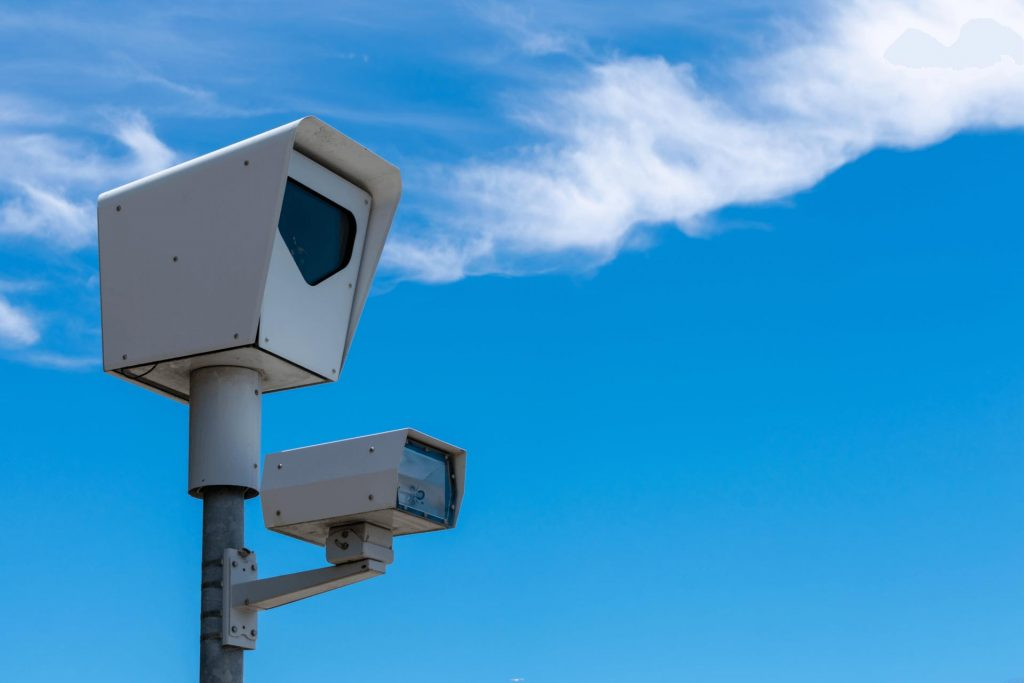Understanding Speed Camera Enforcement in Maryland
The Role of Speed Cameras in Traffic Safety
Maryland utilizes speed camera in Maryland technology as part of its commitment to maintaining road safety. These automated systems are implemented to deter speeding and reduce the incidence of road accidents, especially in areas deemed critical for the safety of pedestrians and drivers alike.
Objective of Speed Camera Use
The primary objective of speed camera enforcement is to encourage safe driving behaviors. By penalizing speed limit violations, these cameras aim to lower the frequency of collisions and fatalities on Maryland’s roads.
Operational Guidelines of Maryland’s Speed Cameras
Maryland law sets strict guidelines for the operation of speed cameras to ensure fairness and accuracy. These rules govern where cameras can be placed, how violations are recorded, and the process for issuing tickets.
Designated Enforcement Areas
In Maryland, speed cameras are predominantly located in school zones and work zones. This placement is intentional, safeguarding areas where children and workers are at increased risk from speeding vehicles.
Speed Enforcement Thresholds
Speed cameras in Maryland are configured to trigger only when a vehicle exceeds the posted speed limit by at least 12 miles per hour. This threshold is designed to focus enforcement on more severe infractions that are more likely to compromise safety.
Legal Basis for Speed Camera Enforcement
The use of speed cameras in Maryland is grounded in state legislation which provides the legal framework for their installation and use.
Legislation Governing Speed Cameras
The Maryland General Assembly has enacted laws that authorize the use of speed cameras, outlining the specifics of their operation, the calibration and maintenance required, and the penalties for violations.
Right to Challenge Speed Camera Tickets
Maryland law also ensures that recipients of speed camera tickets have the right to contest their citations. This legal recourse allows for due process and the opportunity to dispute a ticket if there are grounds to believe it was issued erroneously.
Transparency and Accountability in Speed Camera Operations
To maintain public trust in the speed camera program, Maryland enforces transparency and accountability standards for the entities that operate these systems.
Regular Calibration and Testing
Speed cameras in Maryland are subject to regular calibration and testing to verify their accuracy. These measures are crucial in ensuring that the devices provide reliable evidence for any tickets issued.
Public Reporting of Speed Camera Locations
Information about the locations of speed cameras and the criteria for their placement is made publicly available. This transparency helps drivers to be aware of these enforcement tools and to drive accordingly in designated areas.
Receiving a Speed Camera Ticket
When a vehicle is detected speeding, the camera system records the incident, capturing the license plate and a photograph of the vehicle in motion. The ticket is then mailed to the registered owner, typically within two weeks of the violation.
Details Included in a Speed Camera Ticket
A speed camera ticket in Maryland will include the date, time, and location of the violation, along with the recorded speed. It will also contain an image of the vehicle and the license plate. Additionally, information on how to pay or contest the ticket will be provided.
Consequences of a Speed Camera Ticket
Speed camera tickets in Maryland carry a monetary fine but do not result in points on the driver’s license. This distinguishes them from citations issued directly by law enforcement officers.
Financial Impact and Points System
The fine for a speed camera ticket in Maryland is typically $40. Unlike tickets issued by police officers, speed camera violations do not add points to a driver’s license nor typically affect insurance rates.
Contesting a Speed Camera Ticket
Recipients of speed camera tickets have the right to contest the violation if they believe it was issued in error. There is a process in place for challenging tickets in court.
Grounds for Contesting a Ticket
To contest a ticket, one must have justifiable reasons, such as proving that the vehicle or license plate was misidentified, the speed recorded was incorrect, or the camera was not operating properly.
The Adjudication Process
To challenge a speed camera ticket, the recipient must follow the instructions provided on the citation, which involves requesting a court date. At the hearing, they can present evidence or argue their case as to why the ticket should be dismissed.
Conclusion
Speed camera tickets in Maryland are tools aimed at reducing speeding and increasing safety on the roads. While receiving a ticket may be frustrating, understanding the purpose, process, and your rights can help in dealing with them effectively. Whether paying the fine or contesting the ticket, it’s important to respond appropriately to avoid additional penalties.
